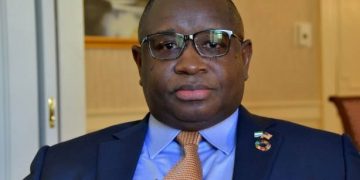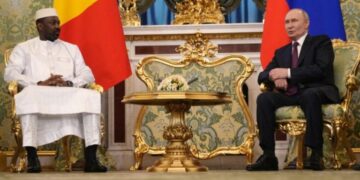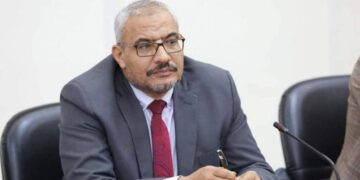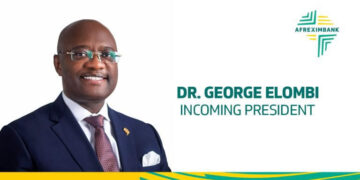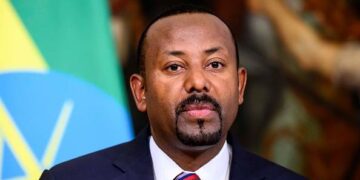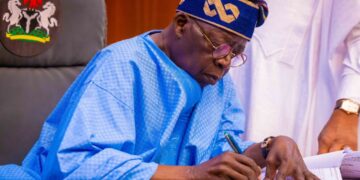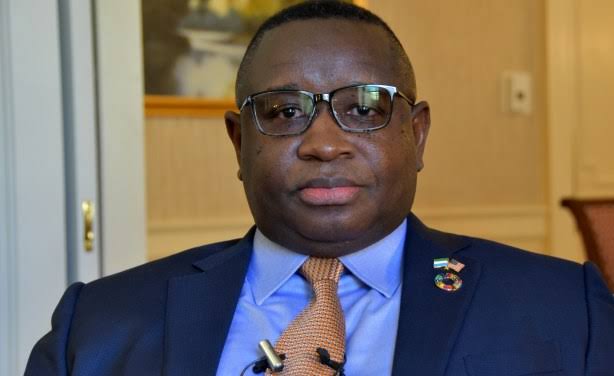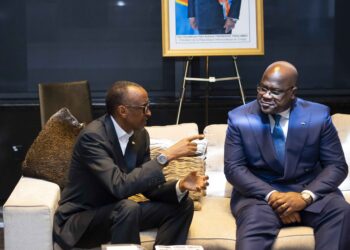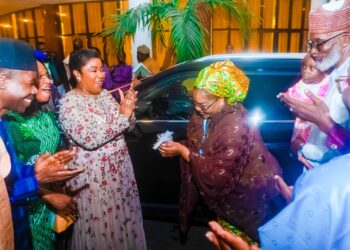By John Ikani
Sierra Leonean lawmakers on Tuesday voted unanimously to pass the Gender Empowerment Act, ensuring that one in three members of parliament, as well as local councillors, is a woman.
Currently only 19 of Sierra Leone’s 146 members of parliament are women.
An earlier draft stipulated a slightly lower 30-percent quota but was amended.
Despite it being a key promise in Bio’s 2018 election campaign, it took three years for cabinet to approve the law’s drafting. Then there were delays in getting parliament to debate the bill.
The passed bill will now go to President Julius Bio to be signed into law.
“We want men and women to work together in making society better,” said Rugiatu Rosy Kanu, an opposition MP and deputy chair of a parliamentary committee on gender and children’s affairs.
But not all believe the legislation goes far enough.
“It’s unfair for women to be given 30 percent whilst they represent 52 percent of the population,” said Lahai Marah, an MP for the opposition The All People’s Congress (APC) party.
What you should know
African countries are still far from achieving women’s equal and effective participation in political decision-making.
According to Women’s Political Participation: Africa Barometer, Women constitute only 24 per cent of the 12,113 parliamentarians in Africa, 25 per cent in the lower houses and 20 per cent in the upper houses of parliaments.
Lack of political will, restrictive electoral frameworks and deeply entrenched patriarchy are some of the root causes of these low figures.
At the same time, there are many instruments, laws and policies in Africa committing towards equal and effective participation of women in politics.
